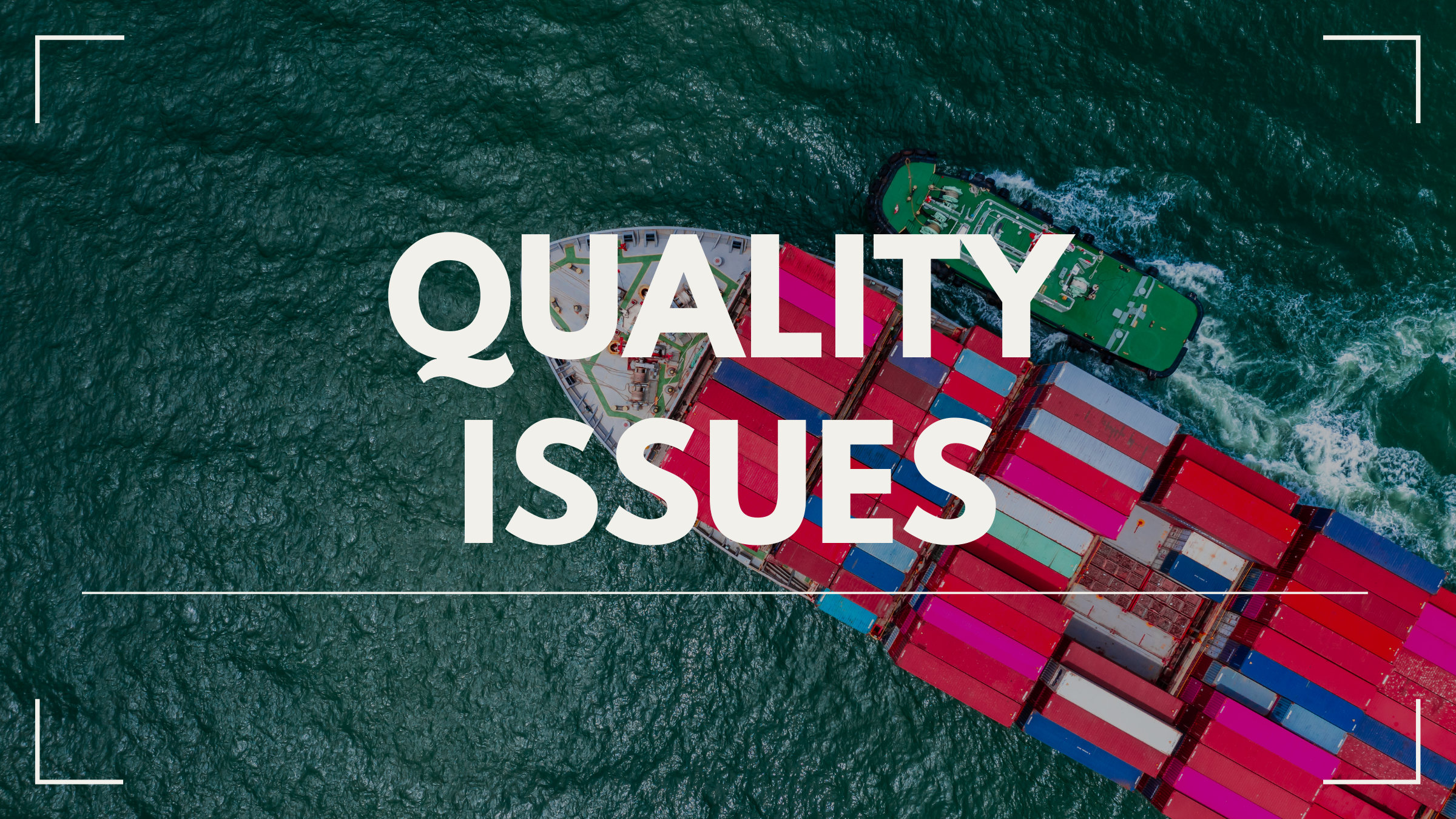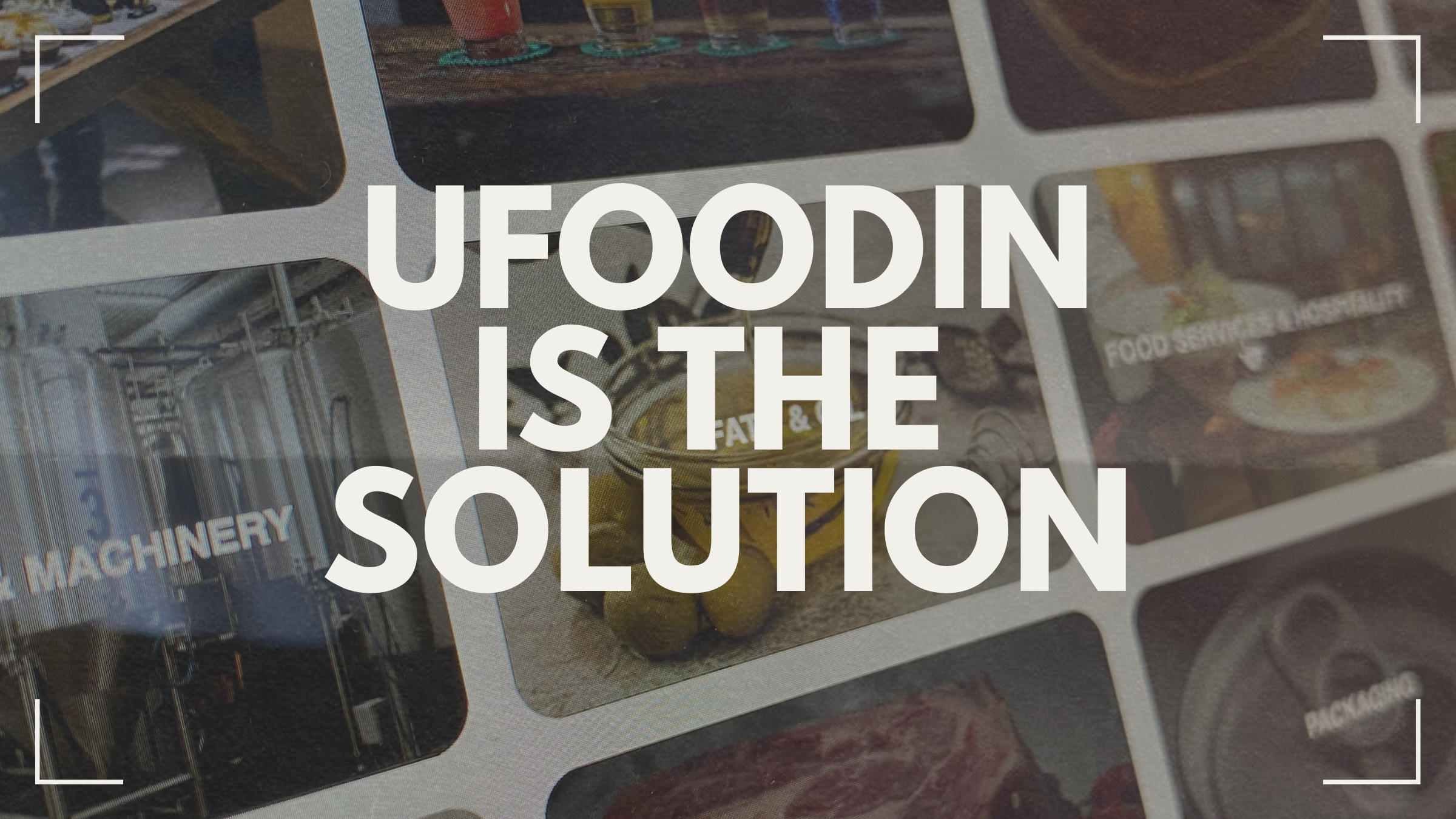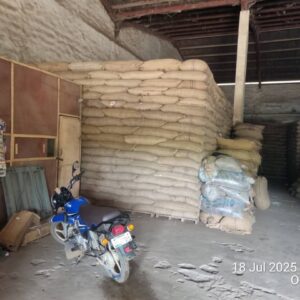
| Defining the Risks in International Food Trade
The international trade of food products, while offering immense opportunities for growth and expansion, comes with a set of unique challenges and risks. These risks include quality issues, transportation incidents, and payment uncertainties, each of which can significantly impact the safety and profitability of food trade.
Quality concerns in international food trade are particularly critical. Contaminated or substandard food products can lead to severe health consequences and massive recalls, affecting brand reputation and financial stability. According to the World Health Organization (WHO), approximately 600 million people, or nearly 1 in 10 globally, fall ill after consuming contaminated food each year, with foodborne illnesses causing around 420,000 deaths annually. This statistic underscores the paramount importance of stringent quality controls and safety measures in the global food supply chain.
Transportation incidents are another major risk factor in international food trade. The logistics involved in moving food products across borders are complex and fraught with potential hazards. These can range from physical damage due to mishandling, spoilage resulting from temperature fluctuations, to delays that extend beyond the shelf life of perishable goods. The International Transport Forum (ITF) reports that up to 30% of all perishable goods transported globally experience some level of spoilage, highlighting the critical need for robust logistical planning and execution.
Payment uncertainties present a further layer of risk. International transactions often involve multiple currencies, different banking systems, and varying regulatory environments, all of which can lead to delays, defaults, or even fraudulent activities. According to the International Chamber of Commerce (ICC), nearly 20% of global trade transactions encounter some form of payment-related issue. This statistic emphasizes the necessity for secure and reliable payment solutions to safeguard financial transactions in the food trade industry.

| Quality Issues in International Food Trade
1- Quality Issues Before Shipment
One major challenge in international food trade is ensuring product quality before shipment. Quality issues at this stage can lead to significant financial losses and damage to a supplier’s reputation.
To mitigate this risk, uFoodin recommends that suppliers perform a comprehensive quality control check using reputable third-party services like SGS or EUROFINS before loading the product for shipment.
These organizations offer thorough inspections and testing services that can help identify potential quality issues early.
According to a study by SGS, companies that implement pre-shipment inspections see a reduction in quality-related issues by up to 70%.
2- Quality Issues During Transportation
Quality deterioration during transportation is another significant concern. This can occur due to various reasons, such as container leaks, temperature fluctuations, improper handling, and delays.
For instance, temperature-sensitive products like dairy and seafood are particularly vulnerable; a report by the Global Cold Chain Alliance indicates that up to 20% of temperature-controlled shipments experience some form of temperature abuse during transit.
To address these issues, uFoodin advises businesses to secure comprehensive all-risk insurance for international shipments. This insurance should cover the full value of the goods to protect against potential losses.
According to the International Union of Marine Insurance, companies that invest in comprehensive cargo insurance experience a 30% reduction in financial losses related to transportation incidents.

Online B2B platforms like uFoodin offer robust solutions to mitigate the risks associated with international food trade. Contrary to the perception that online trading might be riskier than traditional methods, platforms like uFoodin often provide enhanced safety measures.
These platforms guide suppliers through best practices for quality control, recommend reliable insurance options, and ensure secure payment processes.
A study by the Electronic Transactions Development Agency found that businesses using online B2B platforms report a 25% increase in transaction security and a 15% reduction in transaction costs.
By leveraging the advanced tools and expert advice provided by B2B platforms, businesses in the food industry can navigate the complexities of international trade with greater confidence and efficiency.
This not only helps in maintaining high-quality standards but also ensures that the supply chain operates smoothly and securely, benefiting both suppliers and buyers in the global market.
























